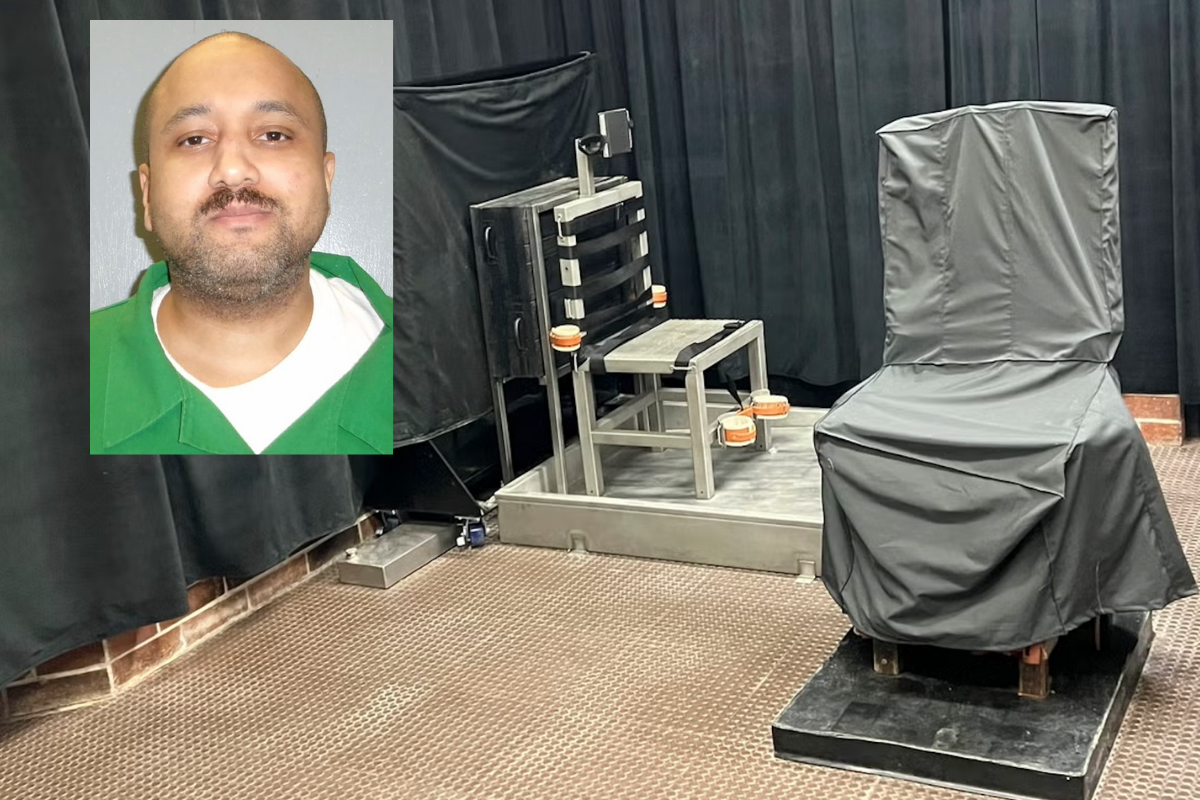South Carolina’s Controversial Firing Squad Execution: A Closer Look
A recent execution in South Carolina has reignited a heated debate about the firing squad as a method of capital punishment. Mikal Mahdi, a 42-year-old man with a troubled past, met his end on April 11, 2023, under circumstances that have led to serious allegations of a botched execution. This case highlights significant concerns regarding the procedures used in capital punishment and raises questions about humane treatment in the death penalty.
The Execution of Mikal Mahdi
Mikal Mahdi’s death has been characterized by his attorneys as a horrific spectacle that deviated from the intended protocol. Initially convicted for the violent murder of Orangeburg Public Safety Officer James Myers in 2004, Mahdi’s execution by firing squad was intended to be swift and humane, yet according to reports, that was not the case. Eyewitness accounts indicate that Mahdi suffered intensely during the execution, crying out and groaning as the bullets struck him.
Allegations of a Botched Execution
Mahdi’s legal team filed a report with the South Carolina Supreme Court, which identified multiple errors during the execution. They claimed that the shooters misfired, hitting Mahdi in areas that did not guarantee a quick death. Instead of targeting the heart as intended, the shooters allegedly placed shots too low, resulting in a prolonged and painful demise. This deviation from standard execution protocol has raised alarming questions about the precision and effectiveness of the firing squad method.
Medical Findings and Autopsy Report
A key element in the discussion is the autopsy report conducted by an independent pathologist. It revealed that Mahdi experienced severe anatomical damage, with bullet fragments causing significant injuries to organs beyond what would be expected from a properly administered execution. The wounds, according to Dr. Jonathan Arden, indicated catastrophic damage to the liver and lungs, along with unexpected perforations in the heart’s ventricle. These findings not only corroborated the claims of a botched execution but also painted a gruesome picture of Mahdi’s final moments.
The Legal and Ethical Dilemma
The implications of this case extend beyond Mahdi’s life. His attorneys expressed concern for the rights of other inmates who may face the same fate, claiming that the state’s procedures are insufficiently reliable. They argued that the decision to use the firing squad was based on the premise that the South Carolina Department of Corrections (SCDC) could competently follow execution protocols, but this instance demonstrated a failure of trust in that system.
Mahdi’s Choice of Execution Method
The choice of firing squad over other methods, such as lethal injection or the electric chair, adds another layer of complexity to this case. Mahdi, believing it to be the lesser of three evils, opted for the firing squad. This raises ethical questions about the choices available to death row inmates, especially when those options might lead to suffering rather than a humane death.
Context of Firing Squad Executions
South Carolina’s use of the firing squad is notable in the broader context of execution methods in the United States. This recent case marks the second firing squad execution in the state within a year and the first instance of this method in the U.S. in over 15 years. Historically viewed as a violation-laden method of execution, firing squads are considered by some lawmakers as a response to difficulties in obtaining lethal injection drugs. However, this case has spotlighted the gruesome reality that can accompany such a choice.
Conclusion: A Continuing Debate
The execution of Mikal Mahdi illustrates the myriad challenges and controversies surrounding capital punishment methods in the U.S. As society grapples with the moral dimensions of the death penalty, this case serves as a stark reminder of the potential for suffering inherent in such irreversible actions. Advocates and opponents alike are left to ponder the implications of Mahdi’s tragic fate on the future of capital punishment discussions across the nation.


